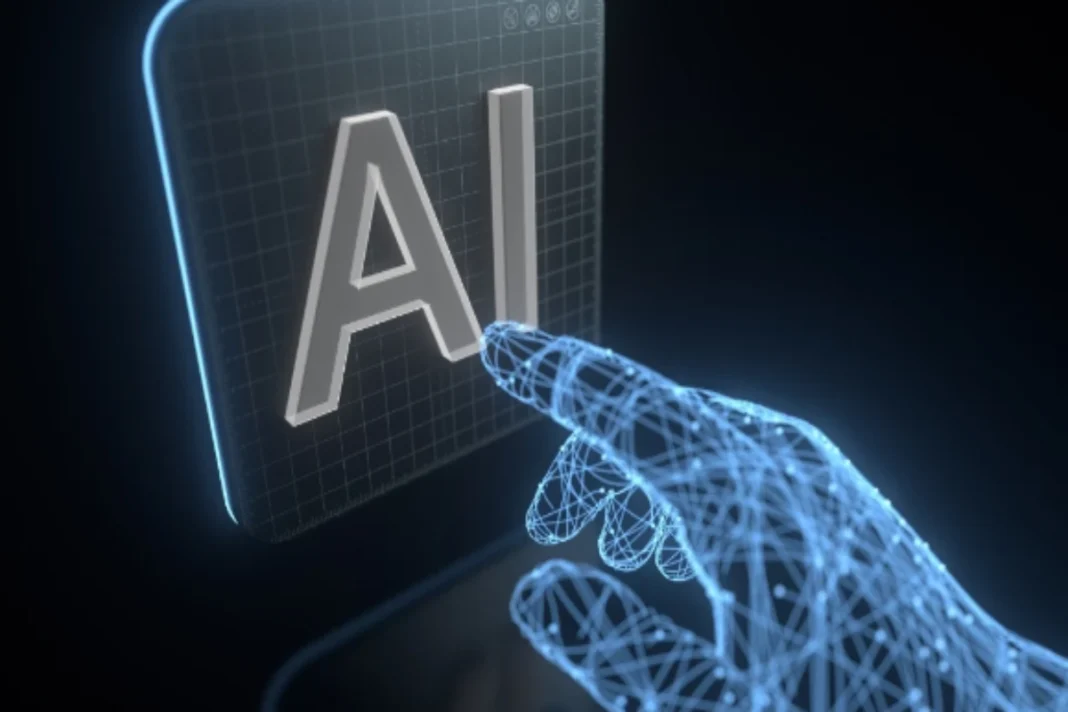AI Use in Elections: A deal aiming at preventing the possible abuse of artificial intelligence (AI) to sabotage democratic processes worldwide was signed by major technology corporations. The agreement mandates the voluntary implementation of suitable safety measures.
CEO Conference in Munich
Tech company CEOs convened in Munich for a security conference, where they talked about the risks of artificial intelligence being used to sway elections. Twelve businesses, including X, Adobe, Amazon, Google, IBM, Meta, Microsoft, OpenAI, and TikTok, have signed the deal.
Doubts on Handling Misuse
But a lot of concerns about the implications of this tech companies’ agreement have begun to surface. Prior to the conference, everyone seems to assume that no government, tech corporation, or civil organisation can handle the misuse of technology. Nick Clegg is the president of worldwide affairs at Meta, the parent company that runs social media platforms like Facebook and Instagram. I’m not entirely competent. This agreement, in this context, is essentially symbolic.
No Promise to Ban DeepFake
The businesses have not promised to take DeepFake down or outlaw it. Rather, the agreement specifies how they will identify and categorise deceptive AI content when it is produced or shared on their platforms.
This is The Agreement
- As per the agreement, the companies would exchange best practices to stop deepfakes from going viral with one another. ‘Swift and reasonable responses’ would be made on such situations, according to the corporations.
- Platforms are required by the agreement to “pay attention to context and in particular to the protection of artistic, satirical, political, and documentary expression.”
- It stated that the businesses will concentrate on policy openness and endeavour to inform the public about ways to prevent falling for artificial intelligence (AI)-generated bogus information.
What is the danger from AI?
- Artificial Intelligence can be used to create a phoney image, voice, or video of a person that appears to be real. Old pictures or the voices of well-known individuals, politicians, or other stakeholders can be used for this.
- It is thought that with this technology, fraudulent content may be produced to trick voters in an election. By using social media to propagate this, an effort might be made to gain an electoral edge.
- The agreement at the yearly security summit coincided with the approaching national elections in over 50 countries this year, including India. Bangladesh, Taiwan, Pakistan, and most recently Indonesia have all held elections.
AI Threat To Elections
- Artificial intelligence-generated content has previously been used in attempts to rig elections. When an AI robocall mimicking the voice of US President Joe Biden attempted to dissuade voters from casting ballots in last month’s primary election in New Hampshire.
- A candidate was heard on an AI-generated audio recording talking about a scheme to rig the election and hike beer prices just days before Slovakia’s elections in November. Fact-checkers quickly investigated these claims once they surfaced on social media and deemed them to be untrue.
- AI chatbots are being used by politicians to interact with voters. Many advertising employ images created by artificial intelligence. Following the outcome of the Pakistani election, Imran Khan’s speech, which was produced by AI, went viral.
Meta’s Content Elimination Criteria
According to Meta, it eliminates posts that are meant to obstruct someone’s ability to participate in civic life as well as misleading information regarding the dates, locations, hours, and procedures of voting, voter registration, and census participation.
Keep watching our YouTube Channel ‘DNP INDIA’. Also, please subscribe and follow us on FACEBOOK, INSTAGRAM, and TWITTER


